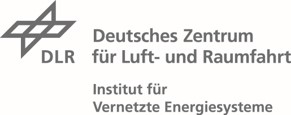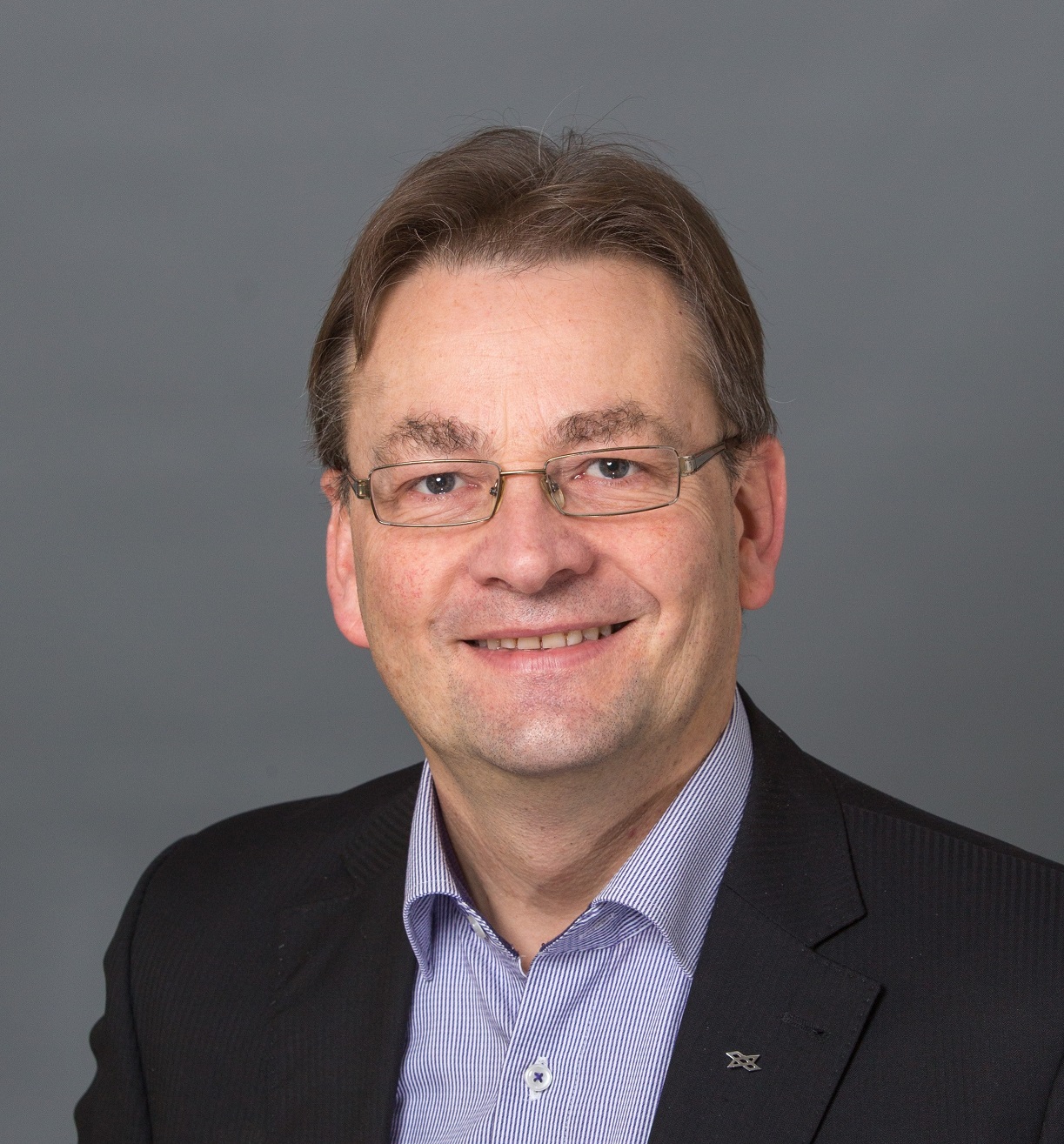



The research project "SiNED - System Services for Secure Electricity Networks in Times of Advancing Energy Transition and Digital Transformation" aims to investigate the necessary adaptations of system services to the changed requirements due to digitalization and advanced energy transition. Solutions for the secure operation of future power grids - taking into account the special situation in Lower Saxony - are being developed and reviewed. Especially for the wind-strong regions of Lower Saxony, it is of particular importance to find improved solutions for system services to cope with fluctuating feed-in and for congestion management through electricity storage and connectable loads. Up to now, the system services (SDL) for secure operation of the power grids - e.g., control power, reactive power provision, and other grid-supporting services (instantaneous reserve, short-circuit power) - have been provided primarily by the synchronous generators of large power plants for decades. In the future, these system services will have to be provided by a large number of decentralized sources and loads in the distribution grids as part of a cross-sector energy transition. The increasing demands on the scope and resilience of the digitization of the energy system as a result of this also lead to new requirements for the economic and legal framework conditions of the future energy supply system. All necessary adjustments are being investigated due to closely networked interdisciplinary areas of expertise. In this way, both the system and grid technology and the information technology aspects of system service provision as well as the associated economic and energy law issues can be illuminated.
Digitization is a global megatrend that enables new functions and processes across industries and networks. In the safety-critical energy system, digitization is creating new interactions and sensitive interdependencies that on the one hand promise more efficient and sustainable operation, but on the other hand are largely unexplored in terms of their technical challenges and stability on a systemic and large scale. To research this topic, the Center for Digital Innovations Lower Saxony (ZDIN) therefore established the Future Lab "Digitization Energy" (ZLE). The goal of the ZLE is to investigate interactions in highly integrated quarter ICT and energy systems and to develop a platform for networking researchers and users to support the transfer of these and, prospectively, other research results. This results in the following two project pillars for the processing area of digitalized energy systems: I: The research and development of digitized energy systems II: The digitization of energy system research and development The elenia deals with the identification and modeling of PV, PV storage and electric mobility scenarios in the quarter scenario. A special focus is on the simultaneous multiple use of storage and the integration of smart home simulations in co-simulations to complement the purely software-based simulations with hardware components available in the elenia-energy-labs. In this context, requirement specifications for smart metering systems are also being developed, which are of particular relevance with regard to the integration of quarter ICT and energy systems in the future energy supply of Lower Saxony.
The Networked Energy Systems Emulation Centre (NESTEC) closes the gap between computer generated simulations, which only return results within the programmed parameters, and field tests in the real world, which can sometimes be expensive and dangerous – for people, for the equipment used and for the security of supply. The NESTEC lab, on the other hand, uses emulations to create a protected space in that mimics the behaviour of real hardware is tested in a realistically designed environment. In this way, devices such as charging stations, battery storages, heat pumps or photovoltaic inverters can be set up on site and coupled with an environment that emulates a wide variety of conditions for components in real time.